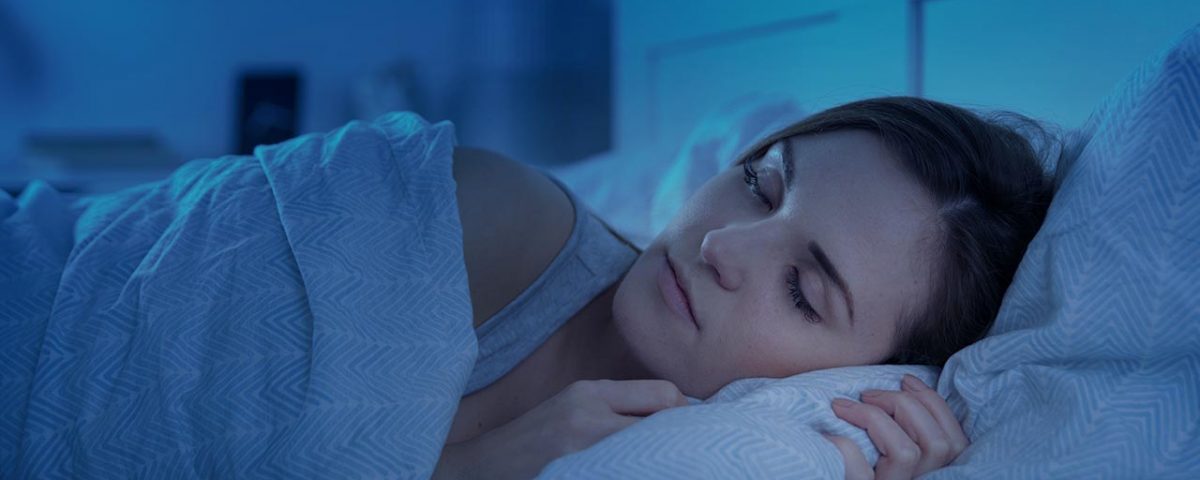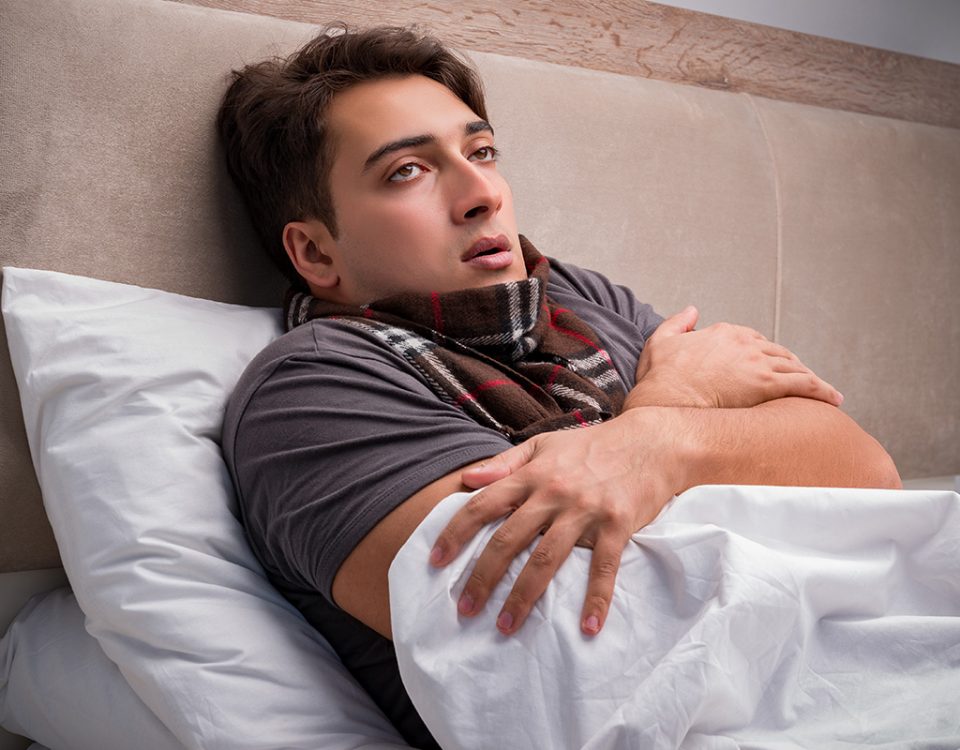People living with active addiction or alcoholism are used to going to sleep under the influence. After months or even years of going to sleep drunk or high, falling asleep sober can seem impossible.
Insomnia in recovery can happen, and it’s especially common in early recovery. We’ve put together a guide on getting to sleep and safely treating insomnia in early sobriety, but why exactly is it so important to get enough sleep? Here, we’re going to explore the dangers of inadequate sleep in sobriety and how insomnia can increase relapse risks.
How Sleepless Nights Jeopardize Sobriety: The Insomnia Relapse Risk
Sleep deprivation is linked to increased blood pressure, mood changes, a decline in cognitive performance, and the release of the stress hormone cortisol.1 These cognitive changes, like mood changes or increased stress, are key warning signs of relapse. The sleep deprivation effects on the brain, including weakened cognitive function and mood swings, can put a newly sober person on shaky ground with their recovery. They may begin to question their sobriety, or they may be more susceptible to pressures of relapse.Additionally, lack of sleep affects the body, causing headaches and generalized aches and pains.2 Sleepless nights and insomnia can cause whole-body changes and exhaustion that prevent the sleepless person from thinking clearly.
Lack of sleep can increase the risks of relapse by enhancing exhaustion, causing mood swings, increasing stress throughout the body, and reducing cognitive function. Improving sleep can help reduce risks of relapse, making sleep and sobriety partners for long-term health and happiness in recovery.
Improving Sleep and Sobriety
A sound sleep pattern is not the only key to long-term sobriety, but it is an important aspect of lasting recovery. Many patients are exhausted after quitting alcohol or drugs, but they don’t know how to improve their sleep health. Getting to bed at a scheduled time, eating healthy, avoiding caffeine in the afternoon or evening, and staying active during the day are all key steps in establishing healthy sober sleeping patterns.Some patients believe they need medication to get to sleep, but after reports of weird behavior on Ambien in the media, we believe that taking a natural approach to sleep health is the best choice.
Call 888-280-4763 to learn more about the importance of sleep in sobriety or to get help for insomnia relapse risks.
Sources:









